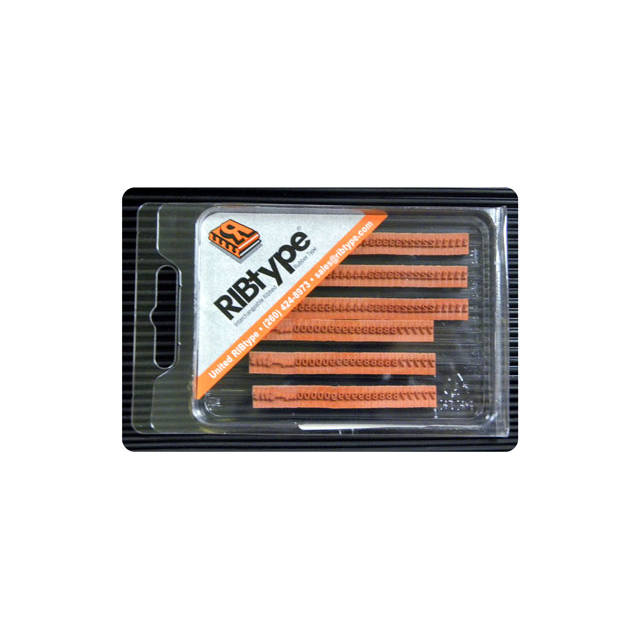Enthone 50-120R Quart White Epoxy Ink- Quart
Catalyst is sold separately.; 20/A, 45, 77, 9, B13/28, B3, No. 5.
Meets: CID A-A-56032D Types I, II & III
Formerly: MIL-I-43553b.
Color: #27925
Characteristics: Superior adhesion to epoxy, glass, metal or other nonporous surfaces designed for rubber stamping or offset printing. Excellent resistance to abrasion, MEK, alcohol, TCE, flux removers, salt, acid and alkali solutions when properly cured.
When used with a rubber stamp, use a brayer roller or similar device to roll the ink into a thin drawn down before transferring to the stamp.
MIXING INSTRUCTIONS
Measure ink and catalyst at the proper mix ratio. Both the ink and catalyst should be weighed accurately. Excessive and insufficient amounts of catalyst are detrimental to cured ink film properties. Mix thoroughly without introducing excessive amounts of air. Avoid the use of paper or wax coated cups. Stir from bottom of the container
OBSERVE INDUCTION PERIOD
All catalysts: 30 minutes
Catalysts 45 and 5: 60 minutes
Allow ink/catalyst mixture to stand for at least 30 minutes prior to application. This provides an induction period ensuring a homogeneous mix of resin and catalyst and allows any entrapped air to escape from the mixture. The average pot life begins after the induction period
APPLICATION
50-000 Series inks may be applied by screen printing, spraying, brushing and roller printing. To ensure optimum adhesion, it is imperative that the surface to be printed is clean and free of any residues or particulates.
BLACK and WHITE stocked / all other colors are not as popular and are considered a special order
COMMERCIAL ITEM DESCRIPTION
INK, MARKING, EPOXY BASE
Certified to MIL-I-43553 and AA56032.
The General Services Administration has authorized the use of this commercial item description (CID) as a replacement for MIL-I-43553B and MIS-37271 by all federal agencies.
1. SCOPE. This commercial item description covers a catalyzed epoxy system of marking inks for metallic or other non-porous surfaces and printed wiring boards.
2. CLASSIFICATION.
2.1 Type. The marking ink and color shall be of the following types and colors, as specified:
Type I – General usage
Type II – Non-conductive ink (e.g., printed wiring boards)
Type III – Outside exposure.







There are no reviews yet.